Former inmate, Sac State alumnus defends incarcerated people’s rights to rehabilitation
Eugene Dey served 15 years in the prison system after a drug and weapon offense.
Sacramento State alumnus Eugene Day speaks at the Renaissance Society’s weekly forum about his experience as an inmate and drug addict Friday afternoon November 1, 2019 in the University Union Redwood Room.
November 2, 2019
Sacramento State alumnus Eugene Dey served 15 years in prison after a third drug and weapon offense.
His experience behind bars inspired him to fight the prison system that he said overlooked him and others locked behind bars.
Friday afternoon, Dey spoke as one of the Renaissance Society’s forum speakers at the University Union’s Redwood Room. His lecture covered the discrimination of mass incarceration and the prison systems through his perspective as a former inmate.
“It’s a horrible place,” Dey said. “I approached it in a different way. I’m not gonna stop until this whole system is fixed.”
Now a criminal justice consultant and reentry life coach for the formerly incarcerated, he helps them obtain employment and integrate into society with his non-profit organization Outside Solutions Consulting.
Ken Cross, a member of the forum committee for the Renaissance Society, said that Dey’s speech was important to showcase the history of mass incarceration.
Cross said that the drug war of the 1970s influenced current mass incarceration.,
“In the 1970s, there was no drug problem,” Cross said. “We created one thanks to (political) parties wanting to satisfy the public and get reelected, there are a lot of wrong decisions being made. The three-strikes law, that was a mistake.”
Article continues below graph.
The Renaissance Society seeks to establish learning opportunities for retired people. They gather at Sac State every Friday and hold seminars with exclusive speakers covering present-day topics like politics, health and news.
After serving 15 years for weapons and drug offenses, Dey was released in 1994 at the same time Bill Clinton signed the Violent Crime Control and Law Enforcement Act.
The Act implemented the “three strikes” program, wherein a person who is convicted of three violent or drug trafficking crimes is sentenced to life in prison without parole.
In prison, Dey dedicated his time to establishing justice for drug addicts like himself, who did not receive enough support to bounce back.
“I woke up every day knowing the state was my enemy, and it’s my obligation to fight the state. They are the ones who put us here,” Dey said. “They have the ability to help us heal, instead they built a system to reinforce gangs and racism.”
Dey worked to make connections while in prison through pen pals and with non-profits like the Crop organization, who supports inmate rights to rehabilitation. Later, they helped establish a training program co-founded by Dey, for offenders to become qualified drug counselors.
“As a former teacher, I find great hope that people are working at getting incarcerated and released prisoners valuing education, because I think that is the only path out for them,” said Renaissance Society at-large member Muffy Franke. “People were lined up to talk to him. So that means there was tremendous interest from this population who know something needs to happen.”


























































































































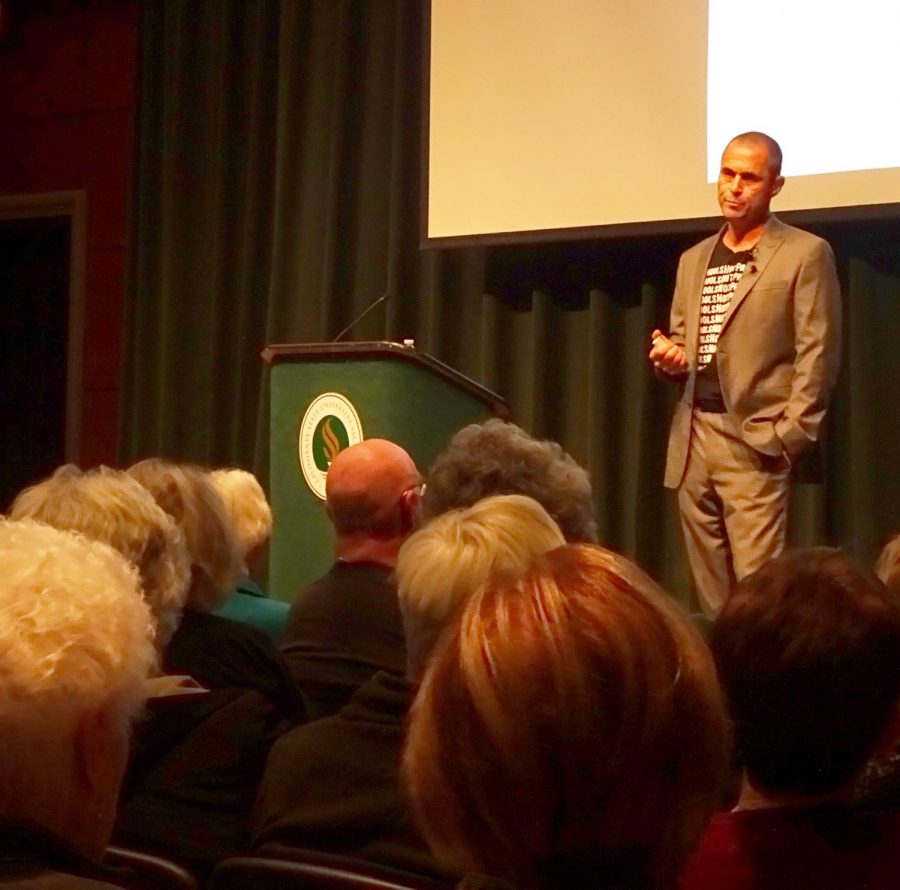

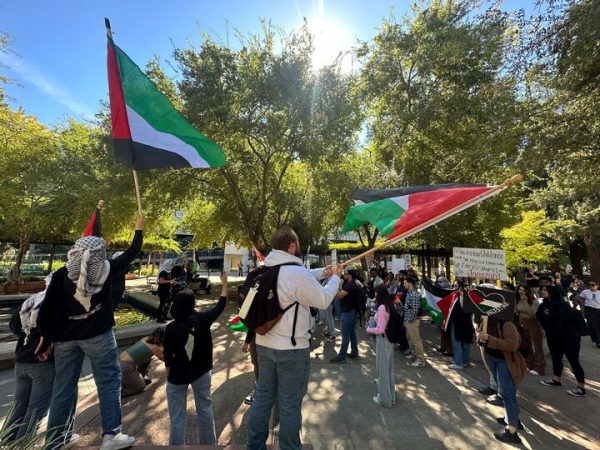

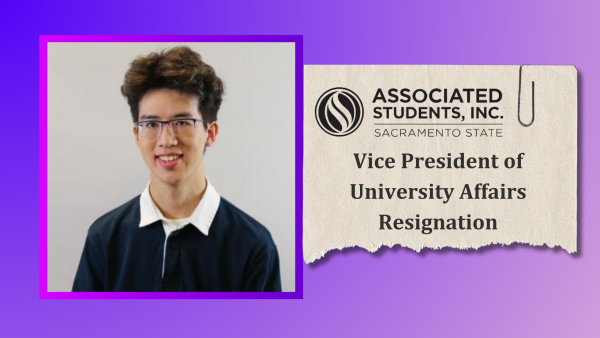

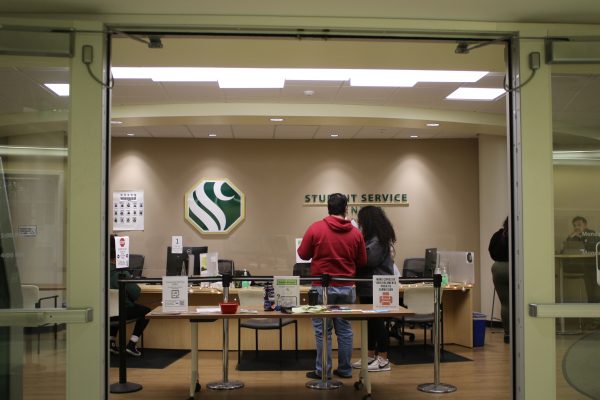
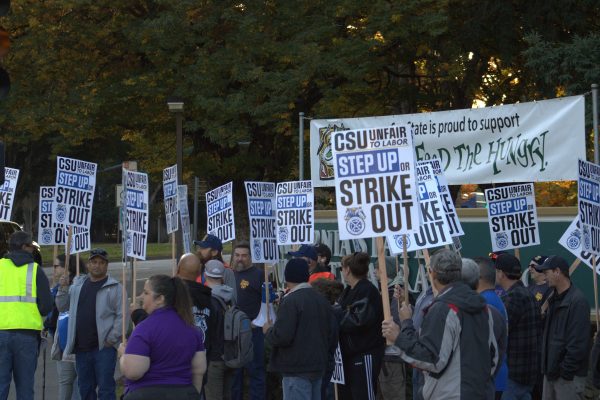
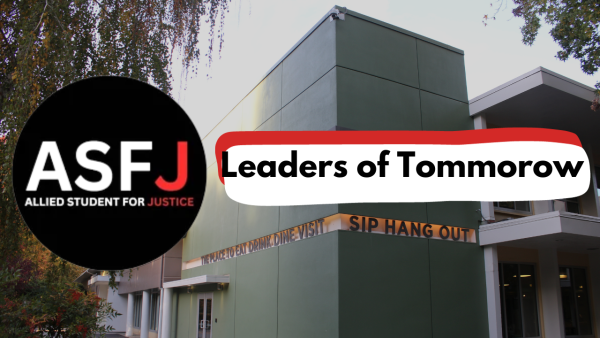
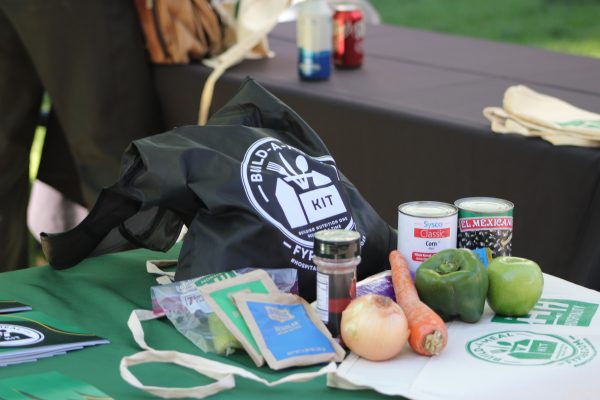
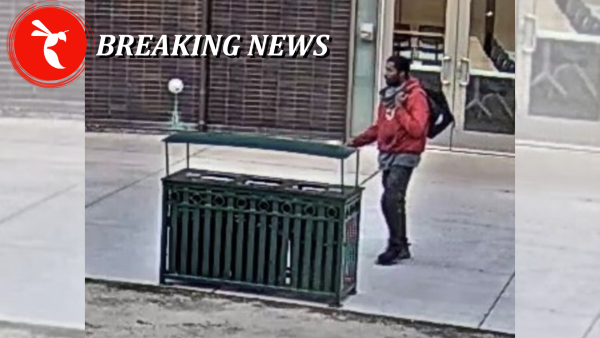
Debbie Anderson • Nov 12, 2019 at 8:28 pm
I would like to get in touch with Eugene Dey. Is there an email or phone # where I can call or can they give him my email so he can contact me. I used to work at CDCR and am now retired and there is someone (an inmate) in particular that I know of that could really use his help and I’d like to talk to him about it.
Debbie Anderson • Nov 12, 2019 at 8:23 pm
Is there a way I can get in touch with Eugene Dey?